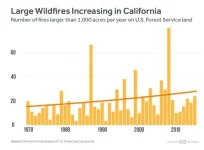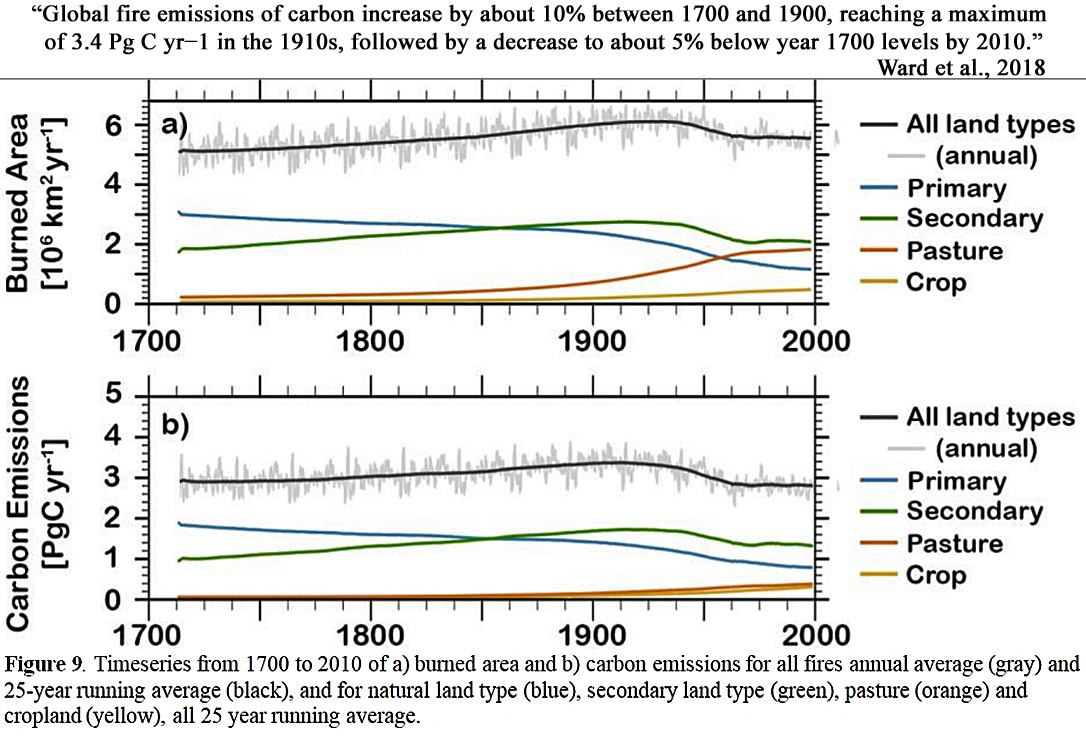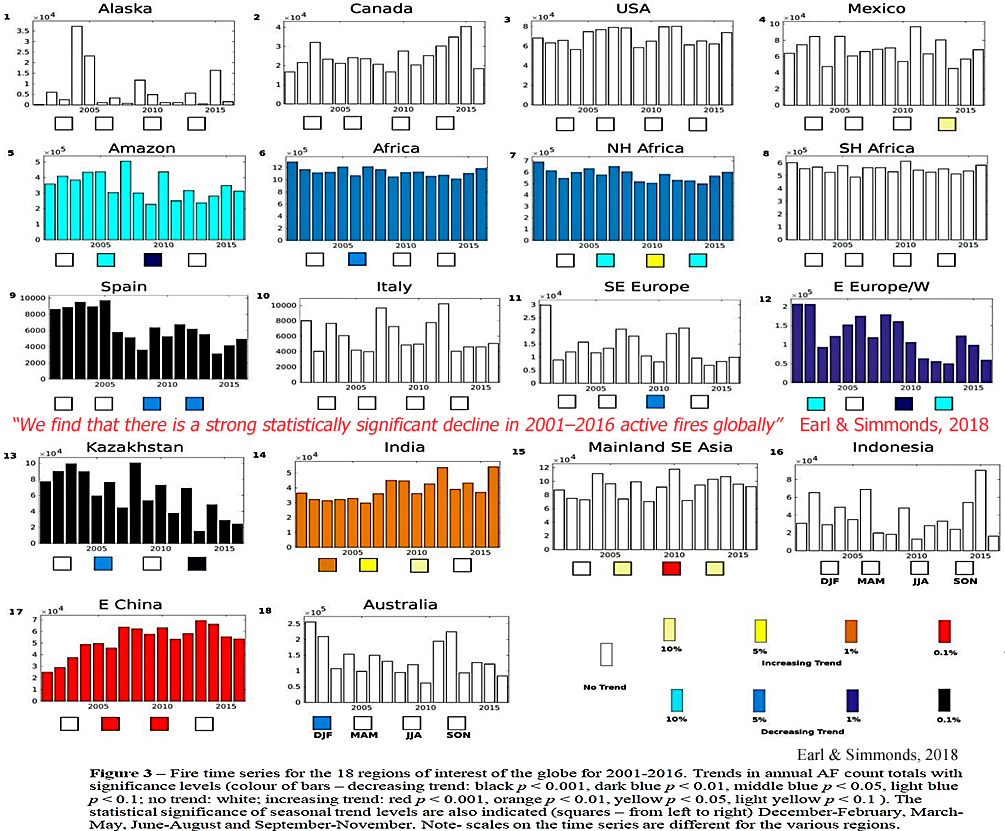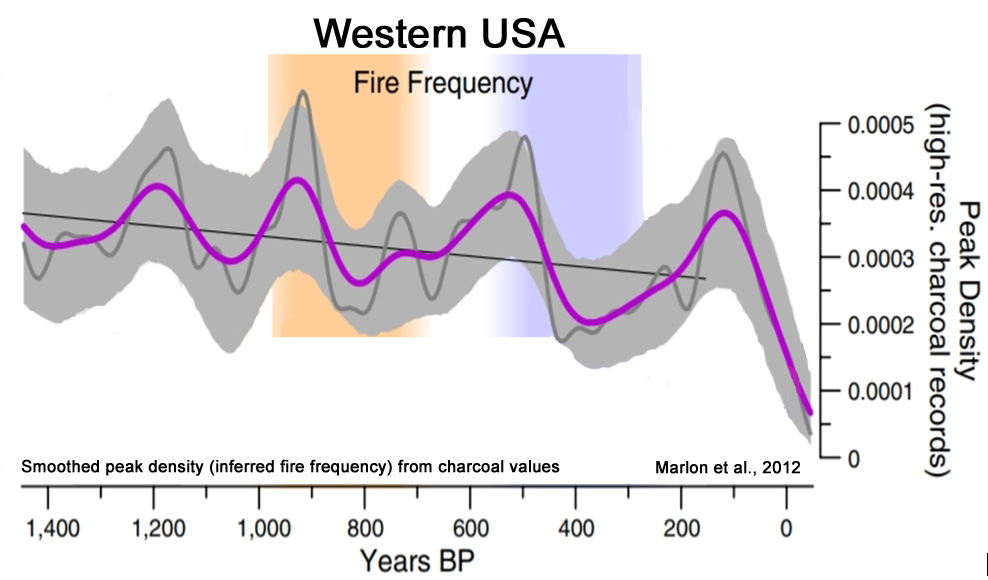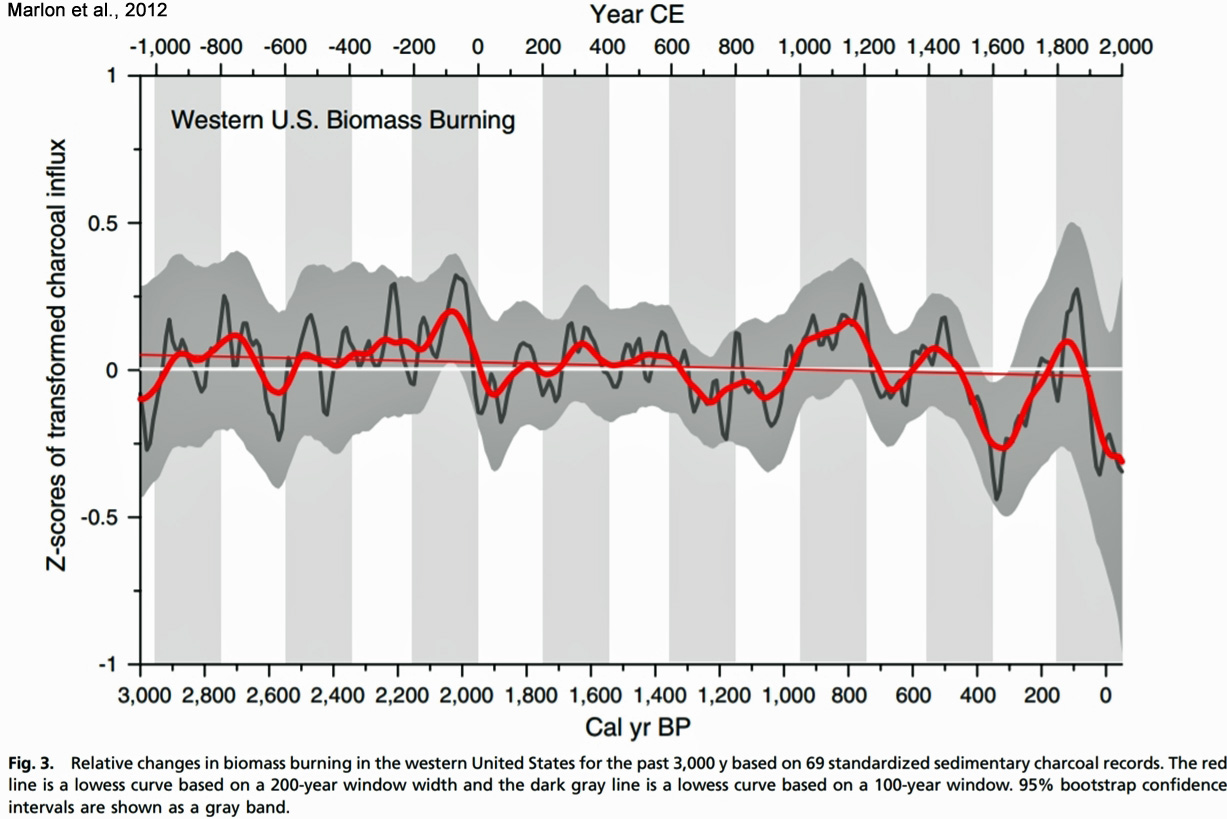- Joined
- Jan 3, 2014
- Messages
- 16,501
- Reaction score
- 3,831
- Location
- Sheffield
- Gender
- Male
- Political Leaning
- Other
Tim, I think I can answer your question, but it requires real empathy.
Place yourself in the worn organic shoes of the rabid greenie.
They view Humans as a cancer upon mother earth.
A warmer world, means that more Humans (I.E. Cancer) can thrive, prosper, and expand,
which they see as a VERY BAD thing.:mrgreen:
Well, yes, that is my opinion also. It would be nice though to have a better view of humanity. So I keep asking for some sort of reason why this garden of Eden like fertile warm, wet and highly powered world of wealth should be avoided.


